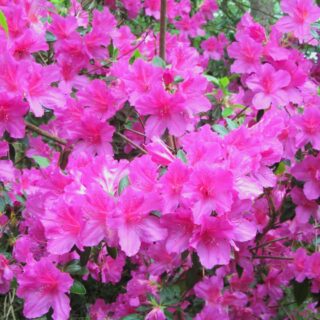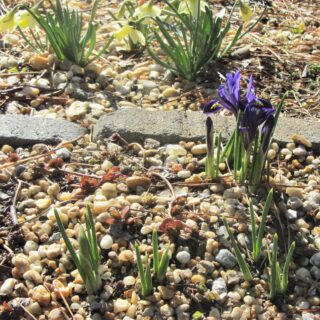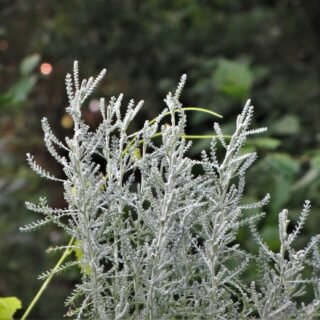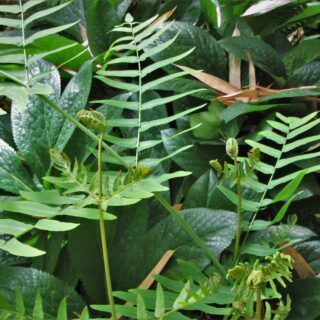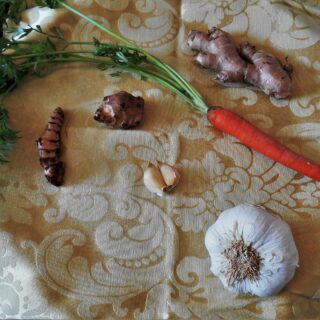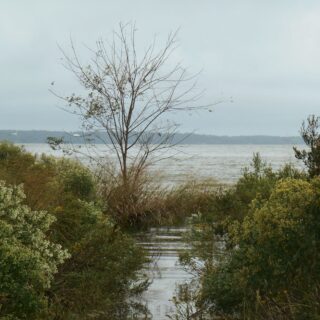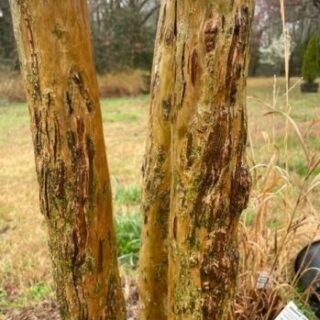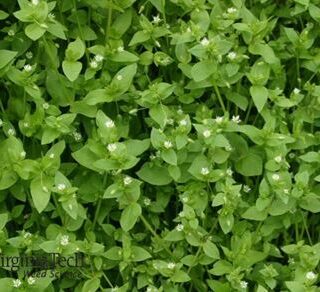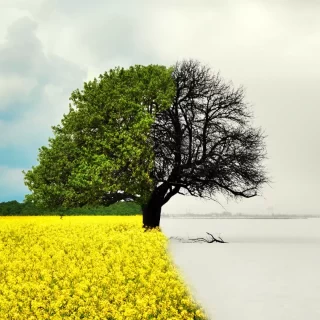Early Summer: To Do, To Do Less, and To Avoid
What To Do in May and June Avid gardeners find lots to do during May and June as spring melts into summer. The enjoyment of spending time outside watching things grow and listening to the birds can distract us from our spring to-do list. But taking care of business early in the season will result in a more attractive garden and more success through the summer months ahead. The days are getting noticeably longer and warmer as the first flush...

